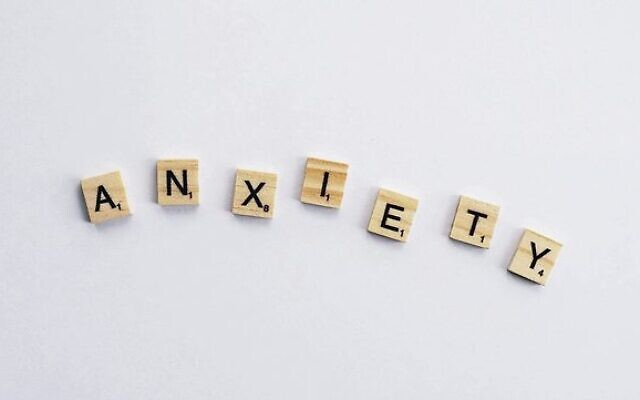Children, young people and mental health services
the focus is not so much about looking for signs of mental illness, but rather about creating a secure environment for your child to develop at their own pace.
Growing up is not easy and at each stage of development, from pre-primary, right through to the teen years, there are challenges that will test a child’s emotional and mental health.
Promoting good mental health in children, teenagers and young people will help them build lasting relationships, communicate effectively, and adapt to change as they grow into adults. If your child is dealing with a mental health issue, it is important to know who you can talk to and where you can get help.
When talking about mental health in pre-primary children, the focus is not so much about looking for signs of mental illness, but rather about creating a secure environment for your child to develop at their own pace. By making sure your child feels safe and loved, you give them the best opportunity to develop the social skills they need to get through life.
As they grow and get ready for their school years they will learn how to: express and control their emotions, communicate their needs and interests, behave the right way in different situations, form friendships and work together with others, resolve conflicts.
Encourage good mental health in your child by actively listening to them, giving them lots of free play time, rewarding good behaviour, being affectionate and also sharing your own emotions.
All children develop at different rates and cope differently with the challenges of growing up. Some are more anxious or shy, while others may be irritable or misbehave more than children normally do.
If you are concerned about the mental health of your child because of worrying behaviour, there are places you can turn to for help.
A good place to start is to speak to your doctor or maternal health nurse about your concerns. They will be able to talk through some of the developmental issues that might be contributing to bad behaviour and will also be able to suggest further mental health support services.
Children between the ages of five and 10 go through a lot of changes as they adjust to life at school and spending long periods of time away from their parents.
If you are concerned about how your child is coping with these changes, it is a good idea to talk to them about it and get help if you do not know what to do.
Your child may be struggling with shyness, separation anxiety, peer pressure, bullying, or even a behavioural disorder such as oppositional defiant disorder (ODD), conduct disorder (CD) or attention deficit hyperactivity disorder (ADHD).
Speak to your doctor and the school counsellor about any concerns you have. They can give you advice on other ways of communicating with your child, and also refer you to mental health support services such as child psychologists or child psychiatrists if needed.


comments